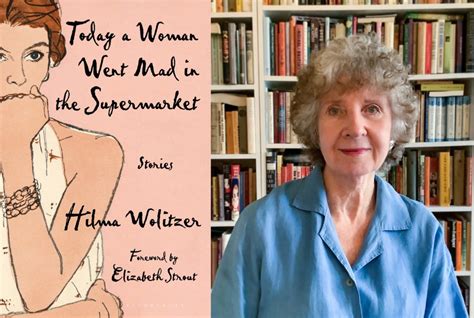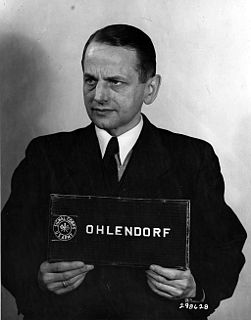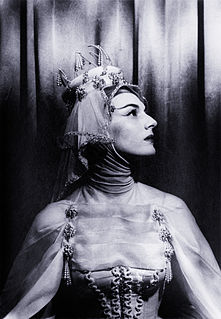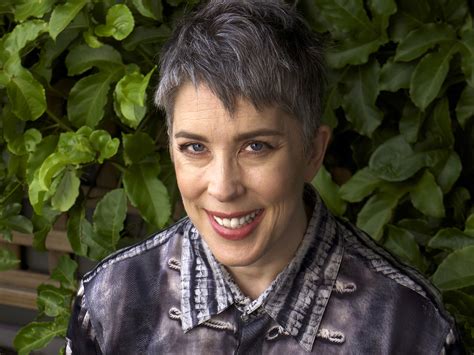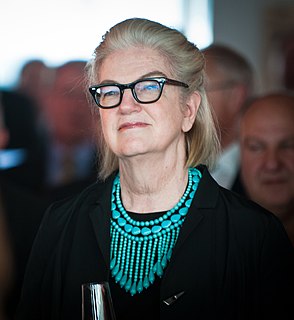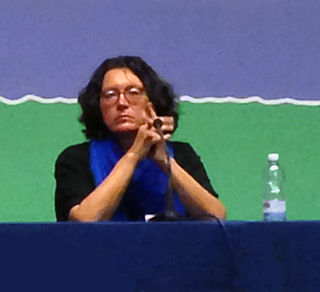A Quote by Hilma Wolitzer
Jews, Germans, and Allies is an important historical document, especially in light of those revisionists who would impose a universal amnesia about the suffering and losses incurred during the Holocaust. The grim statistics that Ms. Grossmann presents in her carefully researched and well-organized book carry evidence of the terrible truth. But the testimony of the survivors she quotes contains the final, ineradicable facts of history.
Related Quotes
There is no question that a breakup of the euro would be very damaging, very costly, both financially and politically. And the biggest loss would be incurred by Germany. Germans have to bear in mind that, effectively, they have suffered practically no losses so far. Transfers have all been in the form of loans, and it is only when the loans are not repaid that real losses will be incurred.
In trying to make a broader historical point about the range of atrocities the Germans committed against many people, I made a clumsy association about the Holocaust, for which I am sorry and I regret. Jews obviously do not control media or any other industry. The fact that the Holocaust is still a very important, vivid and current matter today is, in fact, a great credit to the very hard work of a broad coalition of people committed to the remembrance of this atrocity - and it was an atrocity.
Perhaps I will die too, she told herself, and the thought did not seem so terrible to her. If she flung herself from the window, she could put an end to her suffering, and in the years to come the singers would write songs of her grief. Her body would lie on the stones below, broken and innocent, shaming all those who had betrayed her. Sansa went so far as to cross the bedchamber and throw open the shutters ... but then her courage left her, and she ran back to her bed, sobbing.
We always see the Holocaust in terms of black-and-white images, barking Germans, cowering Jews. We know very well-known fixed places like Auschwitz, Birkenau, Treblinka, and Beltzec. Instead, war can live in a couple having a spat, when we say, "That was a real war." We very rarely have the Holocaust live in the terms of today. And I think that's a problem, because it becomes ancient history.
In Milly Barranger, Margaret Webster has found the perfect biographer. In Margaret Webster, Milly Barranger has found her perfect subject. She brings to vivid life a fascinating and important theater figure whose public and private lives were of equal interest. In this carefully researched book, Webster's colleagues, lovers, and friends shine as brightly as she did. I wish she were here to read it.
Obviously, Jews gain certain advantages by promoting the Holocaust idea. It inspires tremendous financial aid for Israel. It makes organized Jewry almost immune from criticism. Whether the Holocaust is real or not, the Jews clearly have a motive for fostering the idea that it occurred. Not only do they have a motive, but they have the means with the media domination they now hold.
All knowledge that is about human society, and not about the natural world, is historical knowledge, and therefore rests upon judgment and interpretation. This is not to say that facts or data are nonexistent, but that facts get their importance from what is made of them in interpretation… for interpretations depend very much on who the interpreter is, who he or she is addressing, what his or her purpose is, at what historical moment the interpretation takes place.
I re-read The History of White People by Nell Irvin Painter. It's a book every one should read, particularly Americans, as the USA is her primary focus. Her book demonstrates that white is not universal, that white is not neutral, that it has a history, which she eloquently delineates. It's not often you finish a book understanding how the world operates better than before you read it.
I must say a few words about memory. It is full of holes. If you were to lay it out upon a table, it would resemble a scrap of lace. I am a lover of history . . . [but] history has one flaw. It is a subjective art, no less so than poetry or music. . . . The historian writes a truth. The memoirist writes a truth. The novelist writes a truth. And so on. My mother, we both know, wrote a truth in The 19th Wife– a truth that corresponded to her memory and desires. It is not the truth, certainly not. But a truth, yes . . . Her book is a fact. It remains so, even if it is snowflaked with holes.
Eleanor Roosevelt once said, ‘No one can make you feel inferior without your permission.’ With stories from her own life and data carefully researched, Sheryl Sandberg reminds women that they have to believe in themselves and reach for opportunities. More women than men may need that advice, but I'd bet that both genders would profit from this very well-done book
In a modern world, increasingly filled with pop culture fads and gimmicks, Lisa Morton reveals much of the underbelly history and unknown facts regarding the biggest pop culture event in history-Halloween. Her sheer delight and well-researched enthusiasm in tackling many of the unrecognized aspects of this monstrous topic makes one wonder what we don't know about everything else that should be as commonplace to our psyche as a bag of candy.
The truth is that History, with its imposing capital H, is simply the amalgamation of many quotidian lives lived in very ordinary ways. History is always personal. If you read Holocaust survivor or American slavery survivor narratives, you realize all too well that these great Historical moments were personal to someone at some time.
The Bible became the book of books, but it is not one document. It is a mystical library of interwoven texts by unknown authors who wrote and edited at different times with widely divergent aims. This sacred work of so many epochs and so many hands contains some facts of provable history, some stories of unprovable myth, some poetry of soaring beauty, and many passages of unintelligible, perhaps coded, perhaps simply mistranslated, mystery. Most of it is written not to recount events but to promote a higher truth—the relationship of one people and their God.
